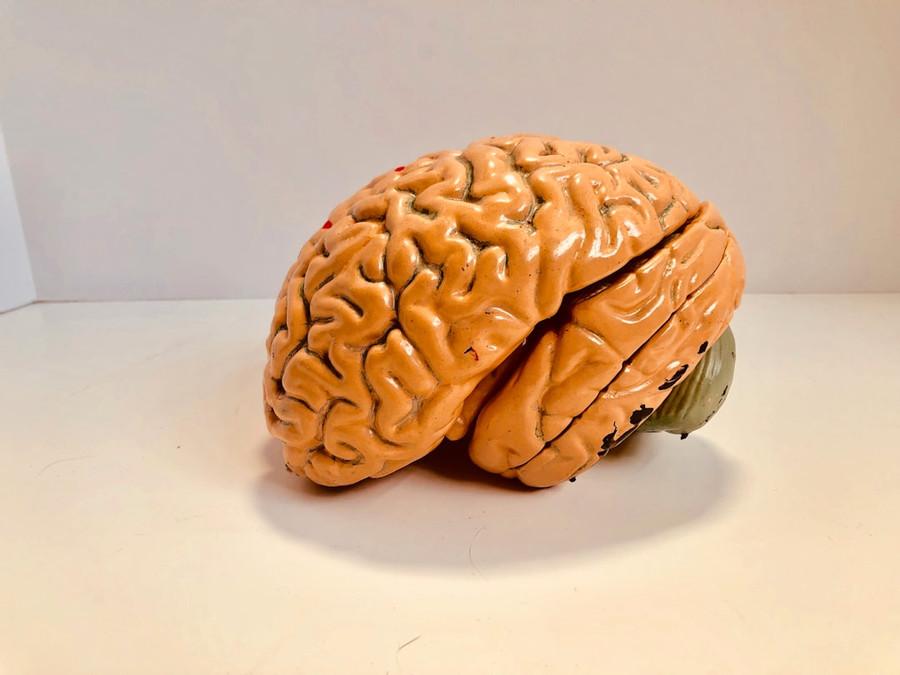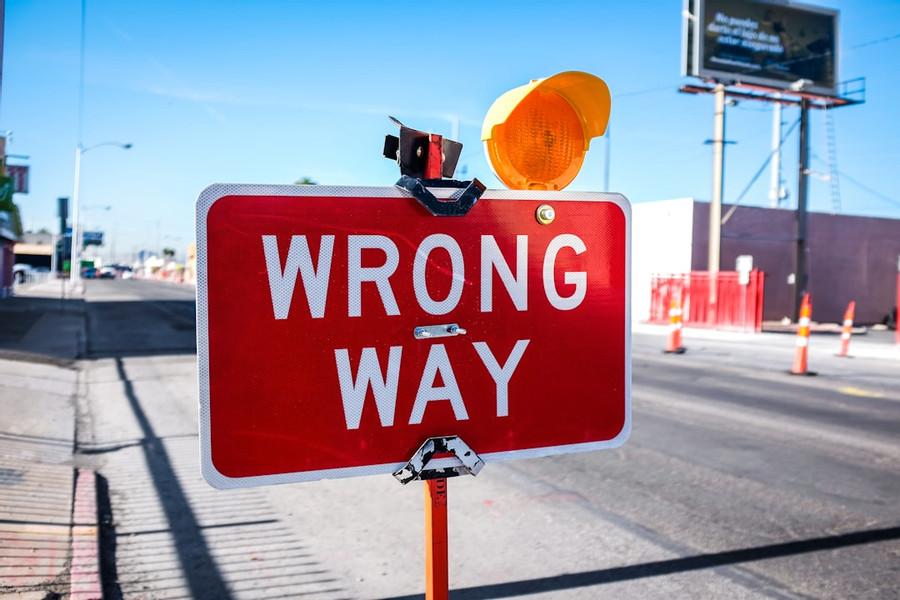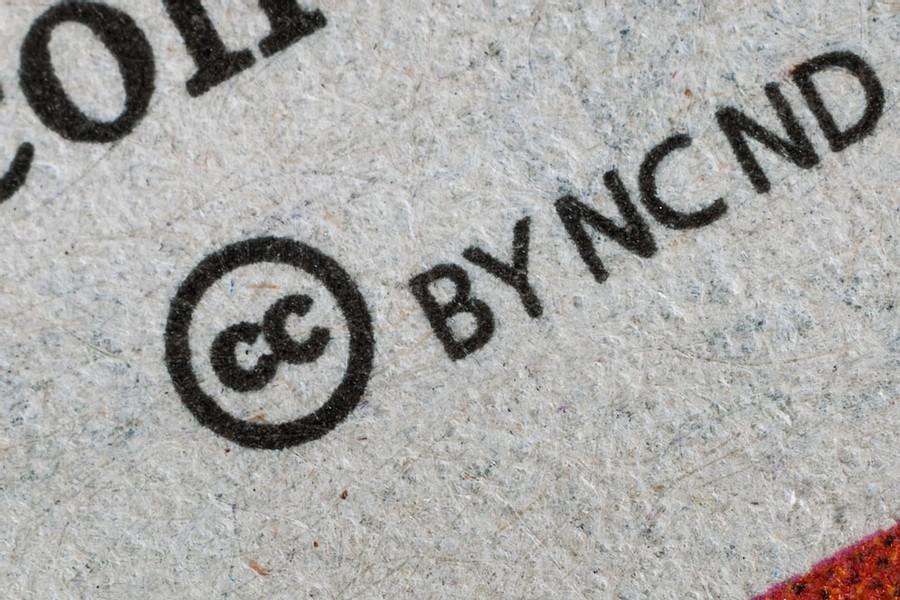Explore the World's Best Ideas
Join today and uncover 100+ curated journeys from 50+ topics. Unlock access to our mobile app with extensive features.
Most Common Thinking Errors
Here's a comprehensive list of cognitive biases and mind traps, each with a clear explanation and a perfect example:
- Confirmation Bias
- Availability Heuristic
- Anchoring Bias
- Hindsight Bias
- Dunning-Kruger Effect
- Self-Serving Bias
- Fundamental Attribution Error
- Status Quo Bias
- Groupthink
...
43
515 reads
1. Confirmation Bias:
People tend to seek out, interpret, and remember information that confirms their existing beliefs. For example, if you believe that a specific diet is effective, you're more likely to remember the success stories of people who followed that diet.
44
457 reads
2. Availability Heuristic:
We rely on readily available information when making decisions. For example, if you see news reports of several plane crashes in a short period, you might think that flying is more dangerous than it statistically is.
42
408 reads
3. Anchoring Bias:
People give disproportionate weight to the first piece of information they encounter when making decisions. If you're negotiating the price of a used car, and the seller asks for a high price initially, you might end up paying more than you should because the high anchor influenced your perception of a fair price.
43
362 reads
4. Hindsight Bias:
After an event occurs, we tend to believe that we predicted it all along. For instance, if a stock you invested in performs poorly, you might say, "I knew it was going to drop."
39
347 reads
5. Dunning-Kruger Effect:
People with low ability at a task tend to overestimate their ability, while those with high ability may underestimate it. An example could be an inexperienced chess player believing they are as skilled as a grandmaster.
41
340 reads
6. Self-Serving Bias:
People attribute their successes to internal factors but attribute their failures to external factors. For instance, if you succeed in a project, you might credit your skills, but if you fail, you blame a lack of resources.
43
313 reads
7. Fundamental Attribution Error:
We tend to attribute others' actions to their character while attributing our actions to external factors. If someone cuts you off in traffic, you might think they're a bad person, but if you do it, you might blame stress or distractions.
40
304 reads
8. Status Quo Bias:
People prefer things to stay the same and are resistant to change, even when change could be beneficial. You might resist switching to a new phone model even though it offers significant improvements over your current one.
40
300 reads
9. Groupthink:
In group settings, the desire for harmony or conformity can lead to the acceptance of a flawed decision. For example, in a board meeting, everyone agrees with the CEO's plan without raising concerns to maintain a harmonious atmosphere.
38
286 reads
10. Overconfidence Bias:
People tend to overestimate their own abilities. If you believe you're a better driver than most, you might engage in riskier driving behaviors.
37
281 reads
11. Sunk Cost Fallacy:
People continue to invest in a decision or project based on the resources already committed, even when it's clear that further investment won't lead to better outcomes. For instance, you might keep pouring money into a failing business because you've already invested a significant amount.
38
270 reads
12. Loss Aversion:
We fear losing what we have more than we desire gaining something new. You might refuse to sell a losing stock because you don't want to accept the loss, even if it's a wise financial decision.
37
268 reads
13. Endowment Effect:
People tend to overvalue items simply because they own them. If someone offers you less money for a used item than you think it's worth, you might refuse to sell it because you value it more due to ownership.
36
259 reads
14. Recency Bias:
We give more weight to recent events or information. If a company had a great quarter, you might invest heavily in its stock, ignoring its historical performance.
35
247 reads
15. Halo Effect:
People generalize positive qualities of a person, company, or brand to all aspects of their character or products. If you find a CEO charismatic and successful, you might assume that their business decisions are also excellent.
37
247 reads
16. Negativity Bias:
We pay more attention to and remember negative experiences or information more than positive ones. If you receive numerous compliments and one criticism, you're likely to dwell on the criticism.
36
240 reads
17. Just-World Hypothesis:
People believe that the world is fundamentally fair, leading to victim-blaming and a tendency to ignore systemic injustices. For example, someone might blame a victim of a scam for their gullibility, assuming they should have known better.
39
237 reads
18. Conformity Bias:
We align our beliefs and behaviors with those of a group to fit in or avoid conflict, even if it goes against our personal convictions. If your friends are all following a particular trend, you might feel pressured to do the same even if you don't agree with it.
36
224 reads
19. False Consensus Effect:
We overestimate the extent to which others share our beliefs, attitudes, and behaviors. If you're a vegetarian, you might assume that more people are vegetarians than there actually are.
36
228 reads
20. Cognitive Dissonance:
We experience discomfort when holding conflicting beliefs or attitudes. To resolve this discomfort, we might rationalize or modify our opinions. If you smoke cigarettes but know they're bad for your health, you might convince yourself that the risks are exaggerated.
38
230 reads
21. Planning Fallacy:
People tend to underestimate the time, costs, and risks of future actions and overestimate the benefits. If you're planning a home renovation, you might expect it to take a few weeks when it ends up taking several months.
35
229 reads
IDEAS CURATED BY
Being an ambivert person, I am too much fond of reading, and always eager to learn.
CURATOR'S NOTE
These cognitive biases and mind traps influence decision-making, perception, and behavior in various aspects of our lives. Recognizing them can help us make more rational and informed choices.
“
Similar ideas
21 ideas
21 Mind Traps: A Guide to your most common Thinking errors (Part II)
Escaping Ordinary (B.C Marx)
18 ideas
21 Mind Traps: A Guide to your most common Thinking errors pt. 1
Escaping Ordinary (B.C Marx)
9 ideas
Read & Learn
20x Faster
without
deepstash
with
deepstash
with
deepstash
Personalized microlearning
—
100+ Learning Journeys
—
Access to 200,000+ ideas
—
Access to the mobile app
—
Unlimited idea saving
—
—
Unlimited history
—
—
Unlimited listening to ideas
—
—
Downloading & offline access
—
—
Supercharge your mind with one idea per day
Enter your email and spend 1 minute every day to learn something new.
I agree to receive email updates






















